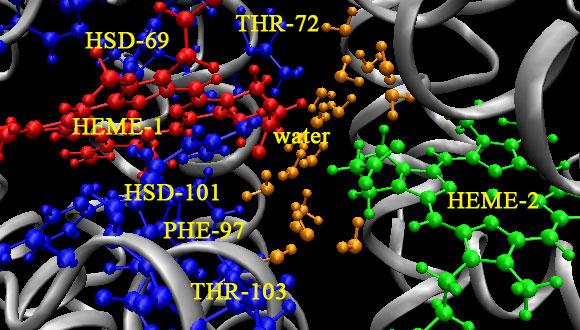Special Physical Chemistry Seminar: The first-principles phase diagram of monolayer nanoconfined water
Dr. Venkat Kapil, University of Cambridge
Abstract:
Water in nanoscale cavities is ubiquitous and of central importance to everyday phenomena in geology and biology, and at the heart of current and future technologies in nanoscience. A molecular-level picture of the structure and dynamics of nanoconfined water is a prerequisite to understanding and controlling the behavior of water under confinement. Here we explore a monolayer of water confined within a graphene-like channel using a framework that combines developments in high-level electronic structure theory, machine learning, and statistical sampling [1]. This approach enables a treatment of nanoconfined water at unprecedented accuracy. We find that monolayer water exhibits surprisingly rich and diverse phase behavior that is highly sensitive to temperature and the van der Waals pressure acting within the nanochannel. Monolayer water exhibits numerous molecular ice phases with melting temperatures that vary by over 400 degrees in a non-monotonic manner with pressure. In addition, we predict two unexpected phases: a ”hexatic-like” phase, which is an intermediate be- tween a solid and a liquid, and a superionic phase with a high electrical conductivity exceeding that of battery materials. Our work suggests that nanoconfinement could be a promising route towards superionic behavior at easily accessible conditions.
[1] Venkat Kapil, Christoph Schran, Andrea Zen, Ji Chen, Chris J. Pickard, Angelos Michaelides. “The First-Principles Phase Diagram of Monolayer Nanoconfined Water.” Nature, vol. 609, no. 7927, Sept. 2022, pp. 512–16.
[https://doi.org/10.1038/s41586-022-05036-x, https://arxiv.org/abs/2110.14569]
Seminar Organizer: Prof. Haim Diamant


